Food
36 Foods That Should Never Be Placed in the Refrigerator
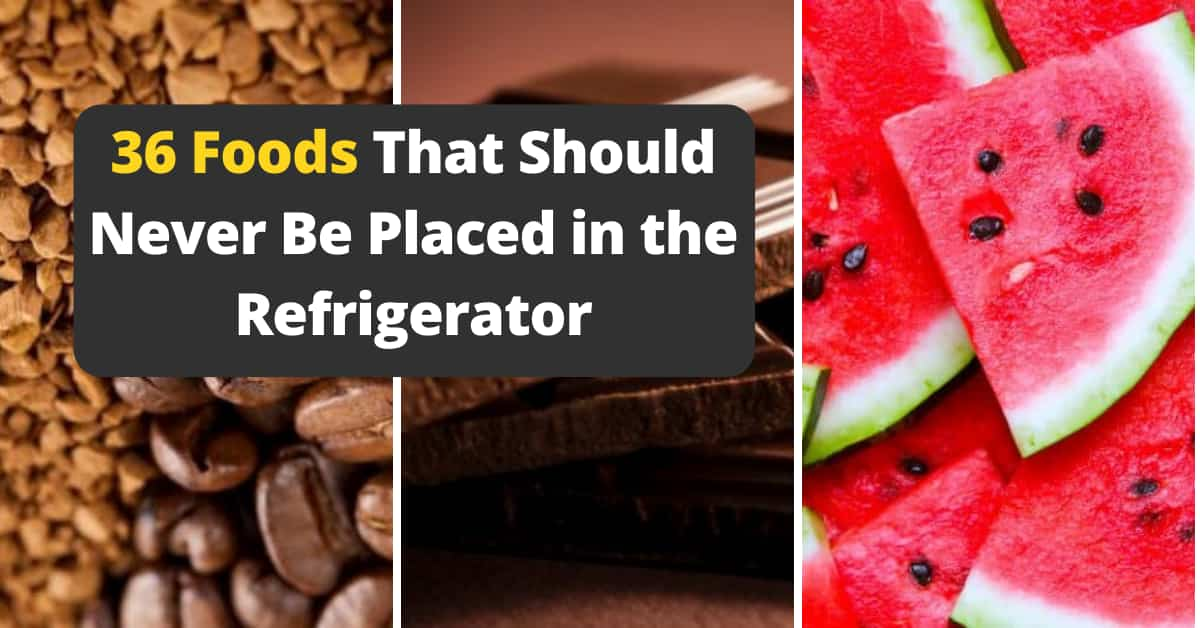
Refrigeration can dramatically reduce the development of harmful bacteria a variety of kinds of cooked and prepared food items. It is generally recommended to keep food refrigerated at temperatures between 35 and 38 degrees F (between 1 and 3 degrees Celsius). While refrigerating can help reduce the spoilage of a variety of food items, it’s not recommended for every food items that you cook with. Temperatures that are colder can alter the texture and flavor of many food items and, sometimes, even the nutritional value. The following list of 35 foods that you should not keep in the refrigerator and the reasons they should be left out at temperatures at room temperature.
1. Coffee

Coffee needs to be stored in a dry, cool place to keep it as fresh as it can be. The temperature of the refrigerator is usually too cold. Coffee should be kept in a air tight container to maintain its high quality. It is recommended that coffee beans be stored in air tight containers. National Coffee Association states that coffee beans must be kept at ambient temperature and protected from moisture, heat, and light.
2. Bread
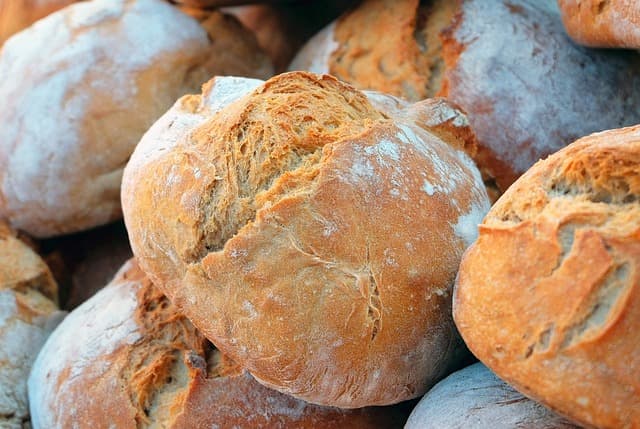
Cold temperatures can have dry effects on various things. Bread is one of them. It will dry out and become decay if it is it is refrigerated. It can also have a chewy texture when stored for a long time in cold temperatures.
3. Tomatoes
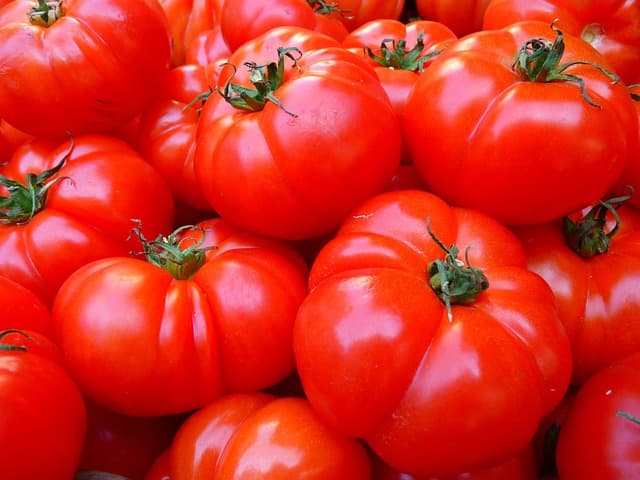
Tomatoes lose a lot of their delicious, tangy taste if they are stored in the refrigerator. Temperatures that are cold can alter tomato texture, and destroy certain membranes that line the inside. They could end up becoming soft, mealy and in tasteless. The tomatoes will mature in a steady manner and will retain their delicious taste when stored on the counter at a room temperature.
4. Basil

Basil tends to take in other scents which may be present within the refrigerator. Refrigeration can not only ruin the flavor from basil but leaves could begin to lose their shape. The cooking experts website Epicurious.com recommends that you treat basil the same way the way you cut flowers. The basil should be kept in the form of a glass of water placed in the kitchen counter is enough to keep it fresh.
5. Eggplant
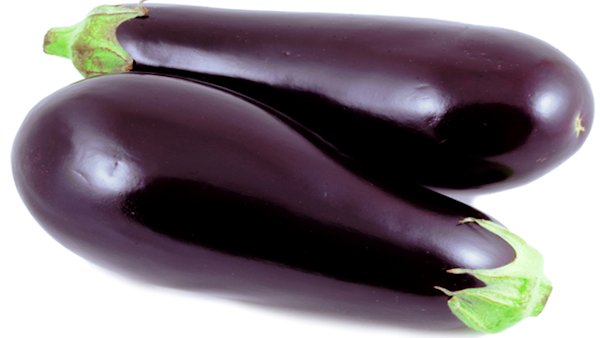
Eggplants are are sensitive to temperature and long periods of time in the fridge could end up being harmful. Anything below 50 degrees Fahrenheit (10degC) could harm the texture and the taste of eggplant. Eggplants should be kept at room temperature, and kept away from other fruits and veggies.
6. Avocados
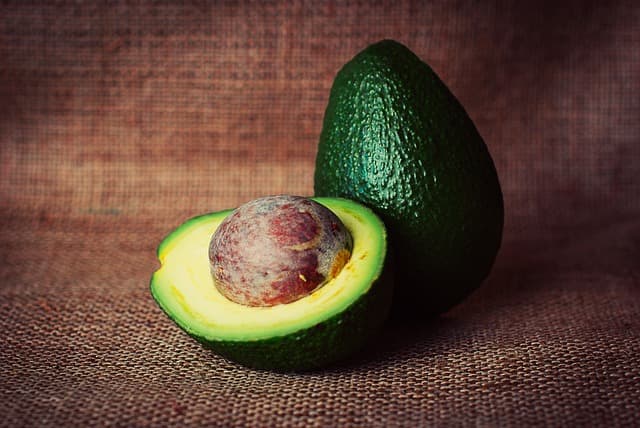
Avocados will almost always require mature after purchase. In the refrigerator, storing them will delay the process. Avocados are delicious and will ripen naturally if kept in a dry place at the counter.
7. Onions
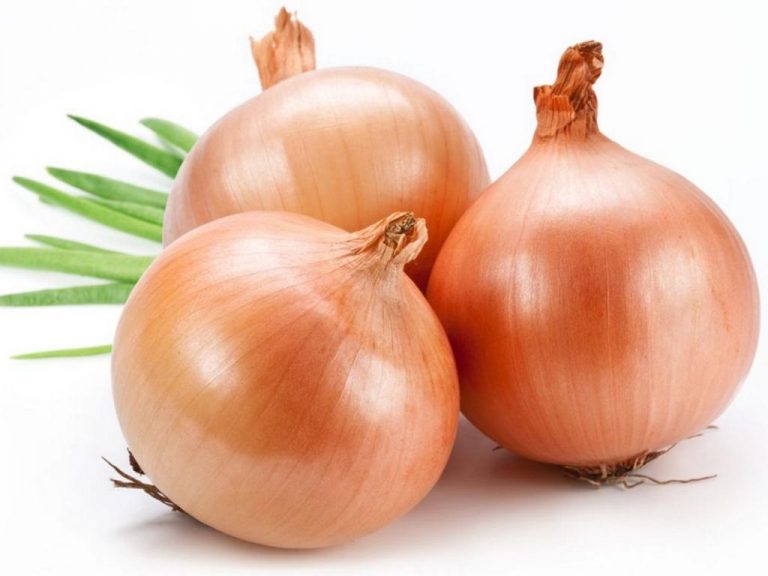
Onions are often soft and may even become mouldy when stored inside the fridge. They will last longer if they are kept outside in the open on the counter. Onions need air circulation, and are best stored in the mesh bags they are usually purchased in.
Should onions be refrigerated?
Onions should generally not be refrigerated because they can spoil. However, if they are going to be stored for a long period of time, they can be put in the refrigerator.
8. Garlic

Garlic is one of the foods that must not be refrigerated. Garlic may be rubbery and moldy when stored in the refrigerator. It might even start to grow. Garlic is a different food item that can benefit from the circulation of air. They’ll last for a long time in a shady area placed on the counter in the form of a basket.
Should garlic be refrigerated?
Garlic is a beneficial plant that can add flavor to food, but it should be refrigerated to keep it fresh. Garlic will last in the fridge for up to four weeks. If it begins to smell bad or look wilted, it is time to use it or discard it.
9. Honey

According to the Science area on Business Insider, storing honey in the fridge can create crystals. It can also become extremely thick and make it difficult to spoon or pour out. Honey is a food item that is able to naturally keep itself in good condition and be stored at temperatures at room temperature for an indefinite period of time.
Should honey be refrigerated?
Honey can last up to a year in the fridge, but it’s best to use it within six months. Honey will crystallize if it’s refrigerated for too long, so make sure to store it in a container that is tightly covered.
10. Peanut Butter

In contrast to jams or jelly that are a perfect match for this, the peanut butter must be stored at ambient temperature. It is likely to become hard and dry if it is kept in the fridge. For peanut butter that is creamy and spreadable butter, it is recommended to store it in a dry, dark location. However, natural peanut butter, which may be separated if it is not refrigerated.
Should we refrigerate peanut butter?
Peanut butter is a good source of protein and healthy fats, but it can also be high in calories. Some people believe that refrigerating peanut butter will make it more energy dense and help to keep it fresh longer. Others argue that refrigerating peanut butter will just cause it to become dry and flavorless. Which is best for your peanut butter? It depends on your individual preferences and dietary needs.
11. Ketchup
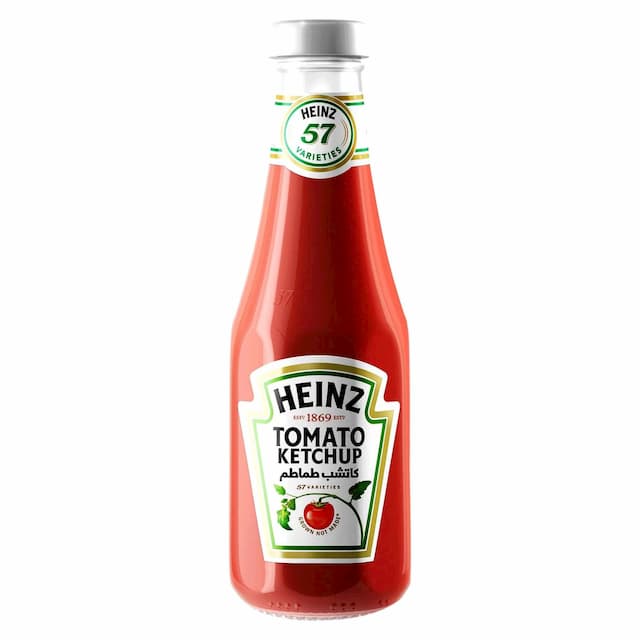
While most ketchup bottles require refrigerating after opening, ketchup typically contains enough preservatives to prevent it from spoiling in the absence of refrigeration. Some restaurants will keep containers of ketchup at the table for prolonged period of time.
12. Olive Oil

Olive oil should be kept in a cool, dark location, and stored in a sealed container. The colder temperatures can cause the olive oil to solidify into an appearance like butter. A study published by Journal of Food Science stated that olive oil can start losing its antioxidant benefits but if it is stored on the shelf for six months or more.
13. Oranges

Citrus fruits are rich in acidity and may be damaged when temperatures can be too frigid. The skin can also turn dull and discolored when kept in the refrigerator. Because oranges are known for their robust, hard skin, they thrive in warm climates.
14. Papaya
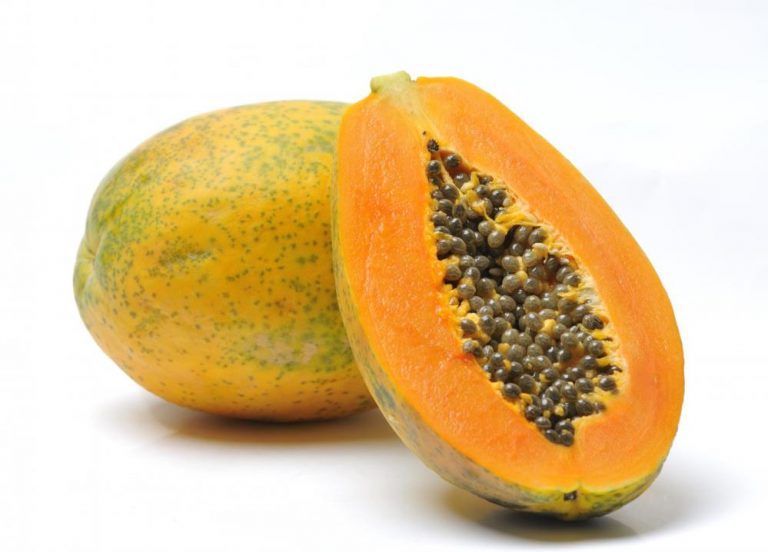
It is recommended to keep papaya in the cabinet or on the counter, and to rotate it regularly. Papaya Australia recommends storing the papaya along with a banana in paper bags to help speed up the process of ripening when needed.
15. Potatoes
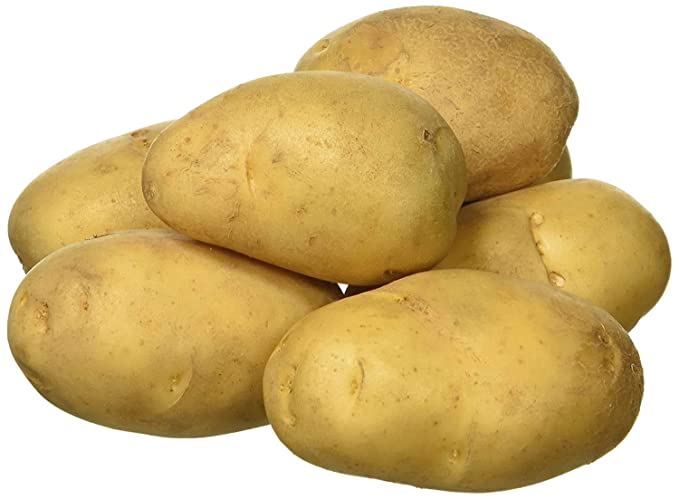
They taste better when stored in a cool, dry location. Also, they should not be washed until they are ready for use. Temperatures in the refrigerator can cause starches to breakdown, which causes the potatoes to be sour and sweet. If the potatoes were refrigerated, their skins might become dark and smoky during processing.
16. Pickles

The majority of pickles are refrigerated but they don’t really need to be. The method by which most pickles are made, as well as the salt content that is high is enough to not need to store them at temperature that is refrigerated. In reality, picking is often utilized to preserve food items.
17. Vinegar

The best part about vinegar is that it’s self-preserving. The vinegar institute conducted research that proved that the shelf-life of vinegar is nearly indefinite. After long storage periods white vinegar will stay unaltered. Vinaigrettes that include onions, garlic shallots, garlic, or other herbs will, however, require refrigeration.
18. Donuts

Donuts may become old-fashioned or even soggy if stored in the refrigerator. They’ll last longer if they’re in a covered container at temperatures of room temperature. Donuts must, however, be consumed within a couple of days of purchasing them.
19. Mustard
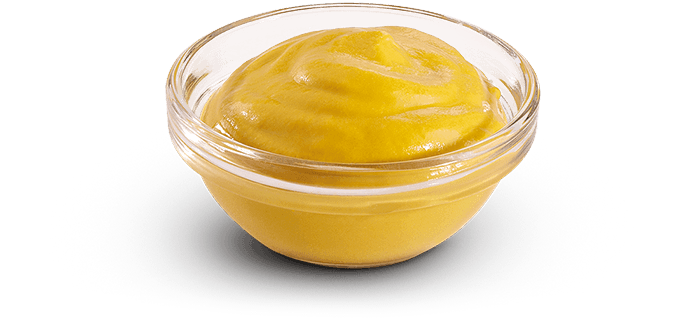
As with ketchup, there are acidic compounds in mustard which act like natural preservers. Mustard can last for around a month inside the refrigerator. How long to keep the mustard bottle comes down to preference. Do you prefer chilled and room-temperature mustard for your sandwiches?
20. Aged Cheese

The main difference in aged cheese from other varieties is that it’s cured. This process generally takes about six months. If these cheeses are stored in the fridge, they can begin to harden.
21. Sealed Tuna

A tuna can that’s not yet opened is safe to keep in the refrigerator. A lot of people believe that it tastes better straight from the container in the event that it’s kept at the room temperature.
22. Molasses
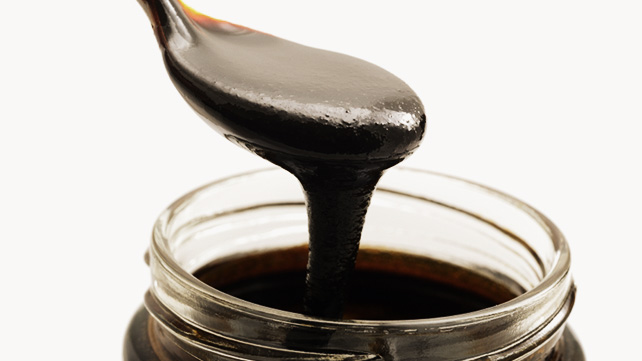
As per B&G Foods molasses does not need refrigeration and could be able to stay fresh for a long time. The combination of the ingredients and the high sugar content will keep Molasses at the room temperature for quite an extended period of time.
23. Bananas

Bananas can be grown in hot climates. They retain their nutrients better when they are kept at temperatures that are at room temperature. Placing them in the refrigerator also delays the process of ripening that happens naturally. Cell damage can also be a result of keeping bananas in colder temperatures.
Should we refrigerate bananas?
Bananas are an excellent source of potassium and vitamin C. While they are high in sugar, refrigerating them will decrease their sweetness and make them last longer. If you have a lot of bananas, freezing them can be a good option because they will keep for up to three months.
24. Chocolate
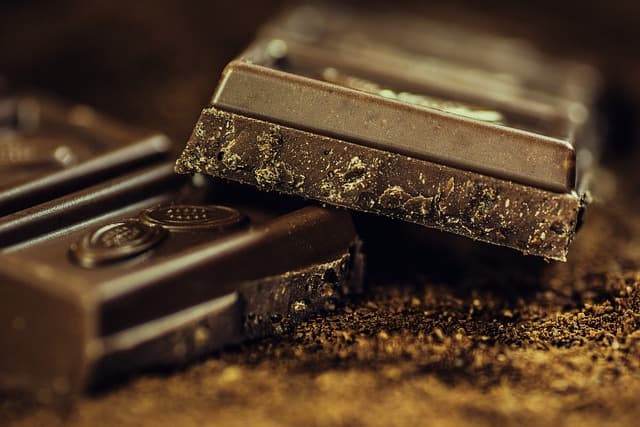
A lot of people place their candy bars as well as other kinds of chocolate in the fridge to stop them from melting and becoming too soft. The main issue is that the flavor may change after exposure to cold air. The process known as a “sugar bloom” happens after chocolate is taken from the refrigerator and placed in warmer air. This could result in a grainy coating to form , which can alter its texture.
25. Cucumber

The skin of cucumbers may be damaged if they are exposed excessive cold. According to the University of Minnesota suggests storing cucumbers in a cool area inside the home, however not in in the refrigerator. The ideal is to have cucumbers stored at about the temperature of 55 degrees (12 ) that is lower than room temperature , but cooler in comparison to the refrigerator. They’ll last for around one week.
26. Cereal

The majority of cereals will lose their texture when refrigerated. Although the cereal might not damage, the cereal will likely be less crisp. A majority of cereal boxes consume lots of space that is not needed in the refrigerator.
27. Pumpkins

There are some who prefer to put small and medium-sized pumpkins in the refrigerator to keep them fresh. However, a cold climate it is possible to harm pumpkins. They must be kept in a cool, dry surroundings however, not in temperatures that are refrigerated.
28. Watermelon
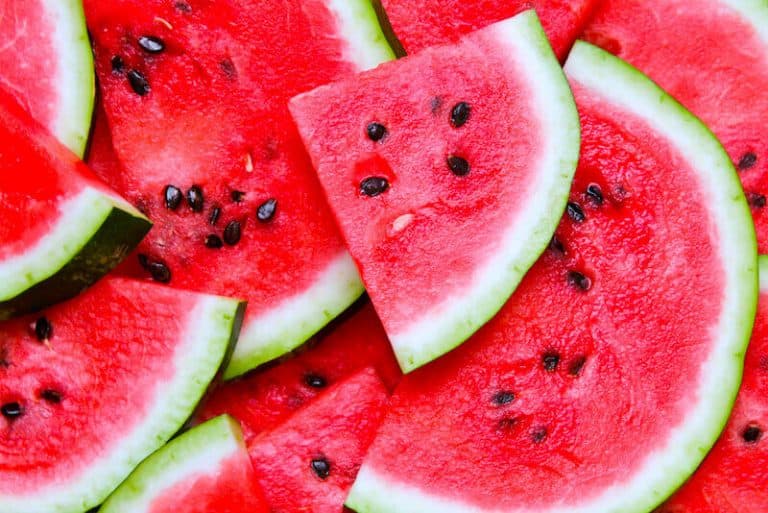
So long as the fruit isn’t sliced open, it is recommended to store outside of the fridge. Research conducted by the U.S. Department of Agriculture (USDA) found that how melons’ nutritional content could be negatively affected by lower temperatures. Only melons that have been cut are safe to refrigerate. Melons that have been cut must be covered with a secure cover.
29. Apples

The majority of fruit varieties are more enjoyable when they are kept outside of refrigerators. The flavor and texture are better preserved when stored at temperatures that are more warm than refrigerators. Apples usually last for about a week or two if kept at temperatures at room temperature.
30. Spices

The majority of ground spices can be stored for years with no refrigeration. In addition, there isn’t any benefits to storing spices in colder temperatures and the flavor can be affected. If a spice was kept at temperatures at room temperature for one period of a year, smell it will tell you the quality of the spice. If it’s lost its scent, it’s likely to not cause you to get sick however it’s not as effective.
31. Pears
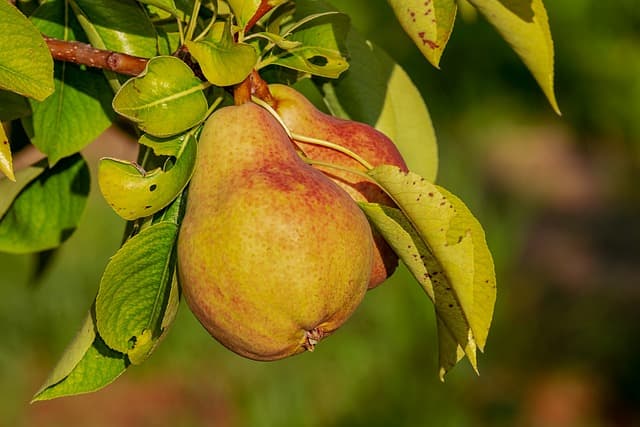
Many people like eating their fruits cold. However, the colder temperatures they can destroy the crispness of fruit like pear. Pears can be soft and mushy when stored in the refrigerator for too long.
32. Hot Peppers
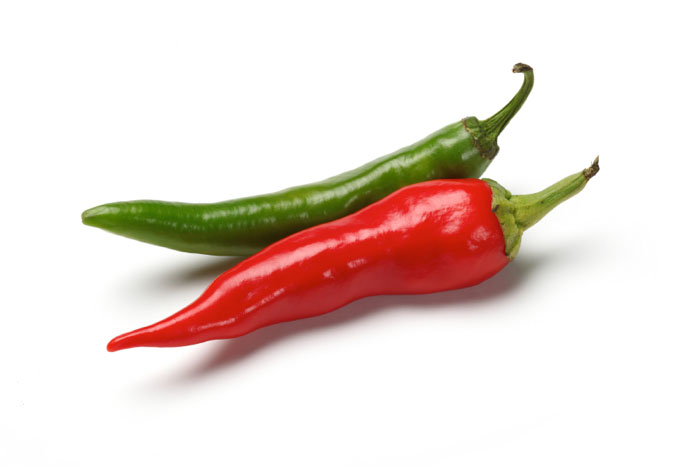
It’s a common belief that placing peppers into the fridge can keep them fresh or increase their flavor. The cold may reduce the pepper’s crisp texture. It is often suggested to store peppers in a bag made of paper and to ensure that they’re kept dry.
33. Beef Jerky

While beef jerky is composed from animal meat, the majority water content is eliminated. It is reported by the United States Department of Agriculture states that beef jerky which is packaged commercially can be stored for until 12 months. Once a jerky package is opened, it will remain fresh in the refrigerator at ambient temperature for approximately an entire week.
34. Soy Sauce
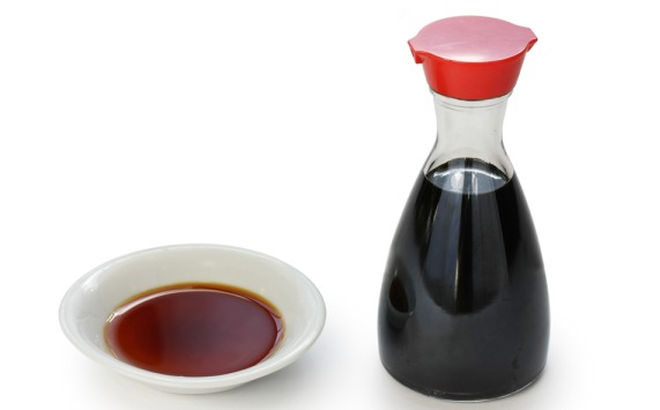
Soy sauce can be fermented, and does not require refrigeration. Though most bottles state to cool after opening, many brands contain enough salt to preserve it being on the market for months. There is a slight exception with lower sodium ones.
35. Flour

The flour isn’t usually damaged by freezing temperatures, it simply isn’t necessary to store it in the fridge. Since the majority of people’s refrigerators are stuffed with food and full of food, it’s important to know that the flour is safe provided it’s kept in an air-tight container.
Faqs about storing food in refrigerator
Is it healthy to put food in the refrigerator?
Many people believe that it is unhealthy to put food in the refrigerator because it can cause bacteria to grow. However, there are some benefits to storing food in the refrigerator. For example, refrigerating food can keep it cold and fresh. However, refrigerator food is often stored at a temperature that is too cold, which can lead to spoilage and food poisoning. Some experts say that it’s best to eat food that has been stored in the refrigerator for no more than two days.
Storing fruits and vegetables in the refrigerator tips
There are a few things you can do to store fruits and vegetables more efficiently in the refrigerator. Here are some tips:
-Wash and stem your fruits and vegetables before storing them. Stemming removes any tough stems, while washing removes any dirt or pesticides.
-If you’re going to store produce in plastic wrap, make sure the wrap is tightly sealed to avoid condensation forming and rotting your produce.
-Store produce in an upright position so that it doesn’t get crushed.
-Avoid storing fruit near potatoes or onions, as these chemicals can add off flavors to the food.
-Freeze fruits and vegetables overnight before transferring them to an airtight container or storage bag for longterm storage.
What freezer temperature should be?
Some people believe that freezing food at 0 degrees Fahrenheit is the best way to preserve it. Others say that food should be frozen at a temperature near or below 0 degrees Fahrenheit. There is no right answer since the ideal freezer temperature depends on the food item and how it will be used. However, generally speaking, most foods should be frozen at around 0 degrees Fahrenheit.
How to store food in a restaurant fridge?
Restaurants are typically busy and have limited storage space. When food is not being used immediately, it is important to properly store it to keep it fresh and edible. Here are some tips for storing food in a restaurant fridge:
-Select foods that will not spoil quickly, such as fruits and vegetables.
-Stack perishables on the bottom of the refrigerator so they are closer to the waterline.
-Keep perishable items cold by placing them in an icebox or cooler.
-Avoid putting cooked food in the fridge, as it will become freezer burnt. Instead, refrigerate leftovers immediately after cooking.
Should almond butter be refrigerated?
Almond butter can last in the fridge for up to 3-4 days, but make sure to give it a good stir every few hours so that it doesn’t become solid.
How to store leftover baked potatoes?
When it comes to leftover baked potatoes, there are a few options for how to store them. One option is to place the potatoes in an airtight container and store in the fridge. Another option is to bake the potatoes again and then place them in an airtight container.
Is it right putting hot food in the fridge?
Is it right to put hot food in the fridge? That is a question that many people ask. The answer to this question may vary depending on the person and their individual preferences. Some people may think that it is okay to put hot food in the fridge because they know that it will cool down quickly. Other people may think that it is not okay to put hot food in the fridge because they believe that it will make the food spoil. In general, most people would agree that it is best not to put hot food in the fridge if you do not have another way to quickly cool it down.
How to keep fridge cold without power?
If you’re living without power, there are a few things you can do to keep your food cold. Switch to smaller containers, use ice packs, and plan ahead by making sure your food is stored in the fridge properly. If all else fails, consider using an external battery-powered refrigerator.
How to keep salad fresh in the fridge?
Salad is a great way to get your daily dose of fruits and vegetables. However, if you’re like most people, you probably don’t want to eat salad cold. Here are some tips on how to keep salad fresh in the fridge:
– Make ahead of your salads! If you have a dedicated spot in your fridge for them, they will stay fresher longer.
– Store your salad in an airtight container or bag. This will help keep the lettuce and other ingredients from wilting.
– Make sure your dressing is light and vinaigrette-type dressings (like homemade) are best suited for chilled salads. Heavy mayo or sour cream dressings can make the salad taste heavy and gross.
– Don’t overload your salad with too many ingredients.
When cooling food what is the maximum time?
When cooling food, the maximum time is three hours. The time will be more if the food is frozen.
Raw chicken in fridge for 7 days is it harmful?
Many people are hesitant to store raw chicken in their fridge because of the fear that it may be harmful. However, there is little evidence to support this theory. In fact, storing raw chicken in a fridge can actually be beneficial for your health. Here are some reasons why:
1. Raw chicken is high in vitamin A and beta-carotene, which are essential for healthy skin and eyesight.
2. Raw chicken is a good source of protein, which can help you stay energized throughout the day.
3. Raw chicken is low in calories and fat, which makes it a healthy choice if you’re looking to lose weight.
4. It’s important to cook your chicken properly if you want to avoid foodborne illness, but uncooked chicken will also contain bacteria that can cause stomach problems such as diarrhea or vomiting.

-

 Cars3 years ago
Cars3 years agoThe Top 10 Most Luxurious Cars
-

 Health Care3 years ago
Health Care3 years ago5 Ways To Increase Your Testosterone Naturally
-

 Cars3 years ago
Cars3 years agoBest 28 Car Accessories And Gadgets For Road Trips
-

 Cars2 years ago
Cars2 years agoDriving Towards the Future: A Deep Dive into Tesla’s Autonomy Capabilities
-

 Dogs3 years ago
Dogs3 years agoIs Your Dog on the List? The Smartest Dog Breeds, Ranked
-

 Cameras3 years ago
Cameras3 years ago10 Best 360 Digieye Wifi Camera
-

 Weight Loss3 years ago
Weight Loss3 years agoBruce Lee’s Weight Training
-
Uncategorized3 years ago
20 Best Things to Do in France
